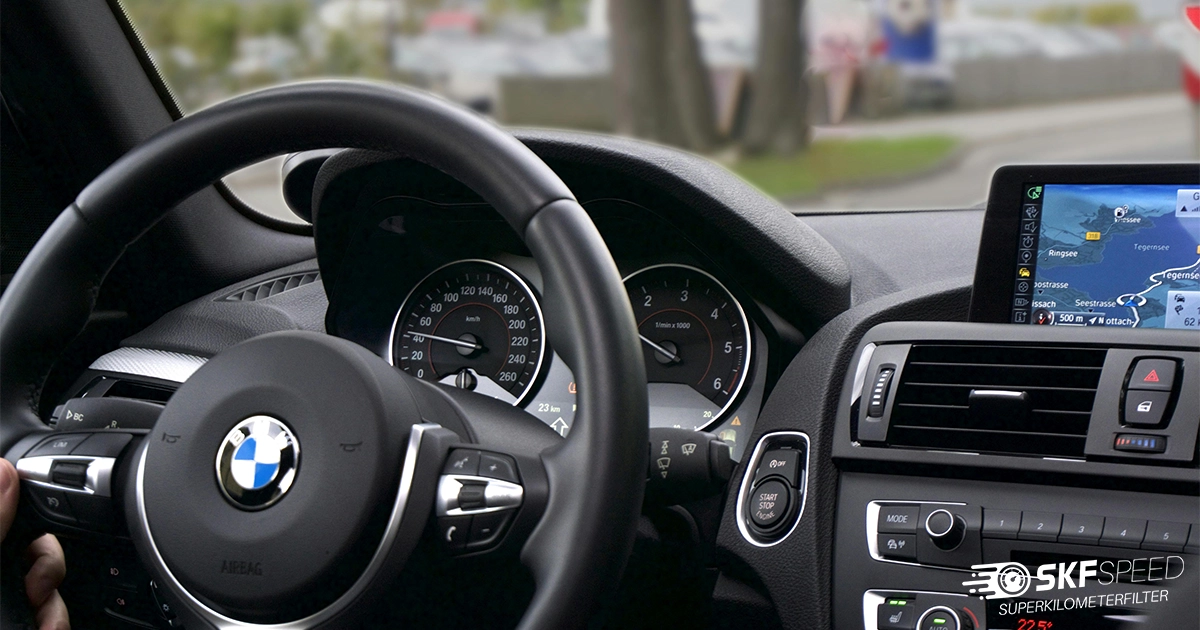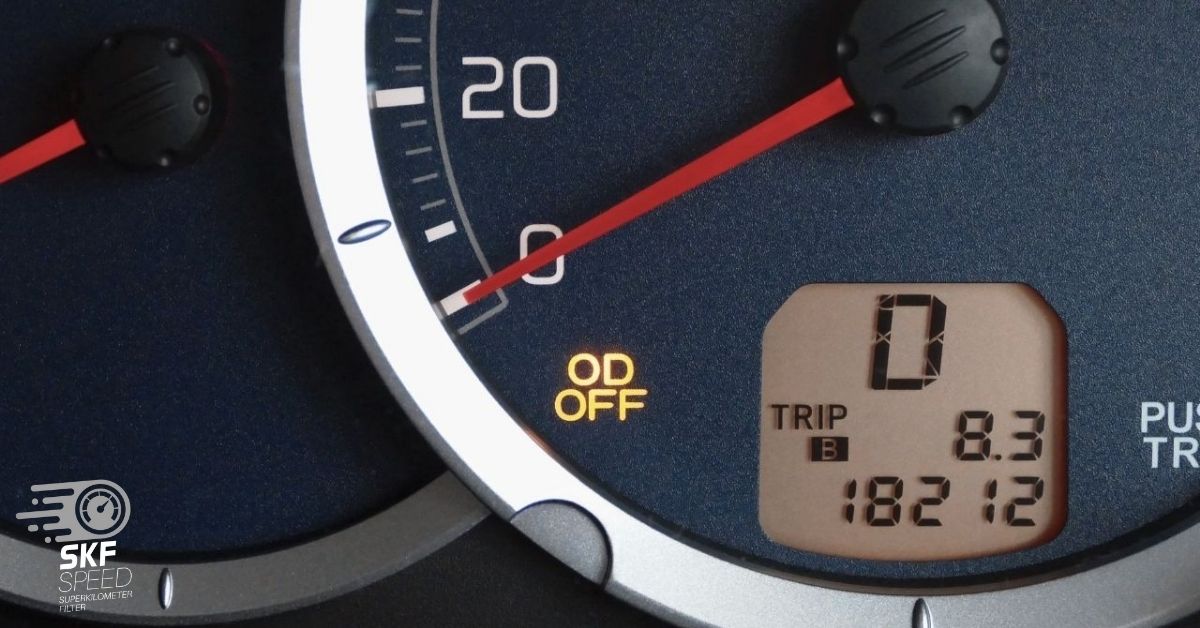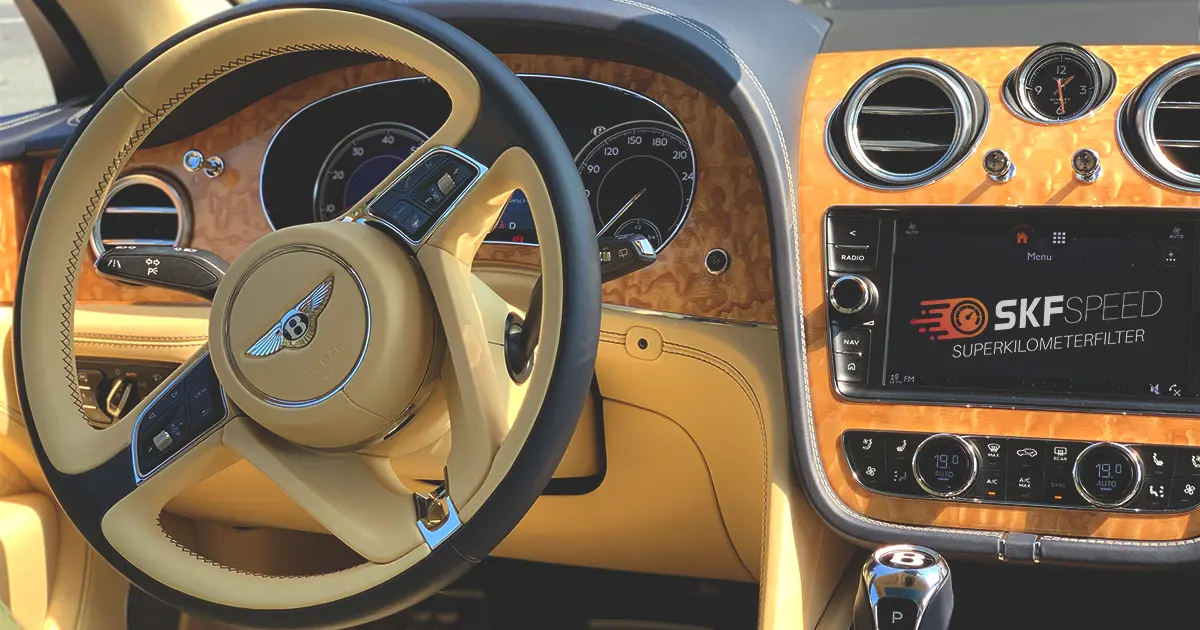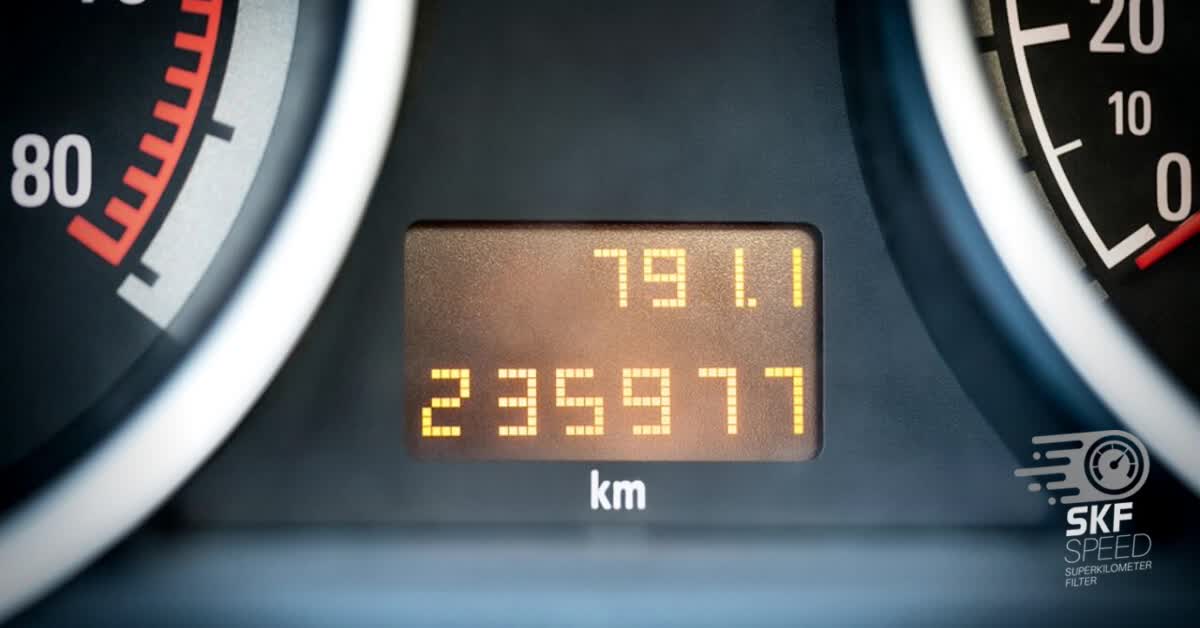
Improving gas mileage is more effective not only by focusing on how you drive, but also by ensuring your car is well-maintained. Better fuel efficiency is a budget-friendly choice; however, it extends beyond this. In the era of unpredictability and increased environmental concern, the idea of consuming less fuel is more desirable than ever. Most people try to achieve it through mindful driving habits. Surely, it works at some level, but it would be better if you look into the vehicle’s hood and pay attention to component maintenance.
You may wonder when and why your fuel waste occurs, how fuel price trends affect and what are the most beneficial strategies to achieve super fuel efficiency.
There are types of mechanical issues that are the primary reasons for causing unnecessary fuel waste. A problematic engine, tires, fuel system, or aerodynamics indicate that your automobile is wasting a lot of fuel. Surely, not all issues affect gas loss in the same way. In the following graph, we will present each issue and the percentage by which it reduces MPG. The data is based on authoritative organizations such as U.S. Department of Energy and National Highway Traffic Safety Administration (NHTSA).
Let’s break down each point in more detail.

Focusing on fuel efficiency improvement is strongly correlated with the historically constant fluctuations in gas prices. The automaker’s pursuit of achieving the highest fuel economy is not only a demonstration of technological advancement in the automotive industry. It is a response to market demand; drivers seek cars that are comfortable and convenient in many ways, in compliance with economic situations and environmental regulations.
Many tipping points in history affected the gas price, and therefore motivated the development of fuel-efficient automobiles:
Keeping the engine in the best condition, Tire pressure control, using quality oil, and mind driving habits – these recommendations are the most common when it comes to improving gas mileage. Does a single universal solution exist that can improve fuel efficiency quickly and effectively? – No, it is better to take a comprehensive approach to the topic rather than relying on a one-sided solution. Achieving fuel efficiency is possible if you take certain steps, which include taking proper care of your automobile in the first place.
Improving gas mileage requires a few steps regarding driving habits, which are as follows: maintaining engine health, keeping normal tire pressure, using high-quality oil, cleaning fuel injectors, and removing unnecessary loads. Let’s discuss each one in detail below:
According to the U.S. Department of Energy, regular engine maintenance improves gas mileage by up to 4%. A tuned engine is a key; even small fixes are decisive. Modern engines rely on fuel-air mixture, ignition timing, and emissions sensors. If one of them is out of control, it can lead to increased fuel waste. Proper tuning includes: Replacing spark plugs, cleaning or replacing the mass airflow sensor, and replacing worn belts.
Driving on underinflated tires by just 10 psi can reduce gas mileage by up to 3%. The best maintenance tip is to check and control tire pressure monthly, especially when seasons change. Additionally, in the owner’s manual, you may find the manufacturer’s recommended pressure, and always follow that. Regarding seasonal checks, monitoring tire pressure is necessary after hitting large potholes or when embarking on a long road trip.
Using a high-quality lubricant for your car’s components is crucial to maintaining their overall health. High-quality synthetic oil helps the engine run smoothly; hence, Synthetic oil flows more freely, reducing fuel waste during engine warm-up, which results in increased fuel efficiency. High-quality oils resist breakdown, reduce engine wear, and provide cleaner, more efficient lubrication, which is especially important for modern engines.
According to the American Automobile Association (AAA) and fuel system specialists, cleaning the injectors every 25,000 to 30,000 miles can help restore lost MPG and improve engine smoothness. They play a crucial role in delivering the fuel. Over time, they become clogged with dirt and carbon buildup. This typically occurs due to the use of low-quality fuel.
According to the U.S. Department of Energy, carrying an extra 100 pounds can reduce your fuel economy by about 1%, depending on the vehicle’s size and fuel type. Certainly, smaller cars are often more susceptible to damage. Sometimes, people underestimate the role of excess weight in poor fuel efficiency. The fact is that the heavier your car is, the more energy it takes to move it. So, remove heavy objects from your car if you don’t need them on a daily basis.
Mindful driving style is beneficial not only for fuel efficiency but also for the overall well-being of the automobile. Smooth acceleration and braking/braking and maintaining a steady speed, are key recommendations for achieving good MPG.
If you are going to test the automobile and calculate precise MPG without accumulating miles on the odometer, you can use Mileage Blocker. It is an extraordinary tool that halts the mileage recording process from all control units, leaving no trace. As you may know the methodology of calculation MPG are the following:
As you see, a test drive for calculating MPG requires a lot of driving. It would be perfect if the car didn’t record these unnecessary miles. That’s why the Super Kilometer Filter team designed a device that can stop mileage recording without causing flaws in the CAN Bus system. The tool is outstanding on the market due to several factors:
Avoid using the device on the public road if you don’t want to face legal issues. Hiding or correcting odometer data is prohibited because it leads to financial loss and physical harm to consumers. Costumer support team is ready to answer all your questions.
Improving fuel efficiency in your car is possible when you take care of your vehicle in every aspect, drive mindfully, and follow the recommended maintenance schedule. Therefore, to reduce the amount of fuel your vehicle consumes, it is advisable to adopt a varied approach. Fuel economy is not only about saving money; It means being a responsible individual who contributes to reducing environmental impact.






Here you will find all the details about our company
Here you will find shipping and return related information
Here you will find information on all technical questions
Here you will find helpful information about installation